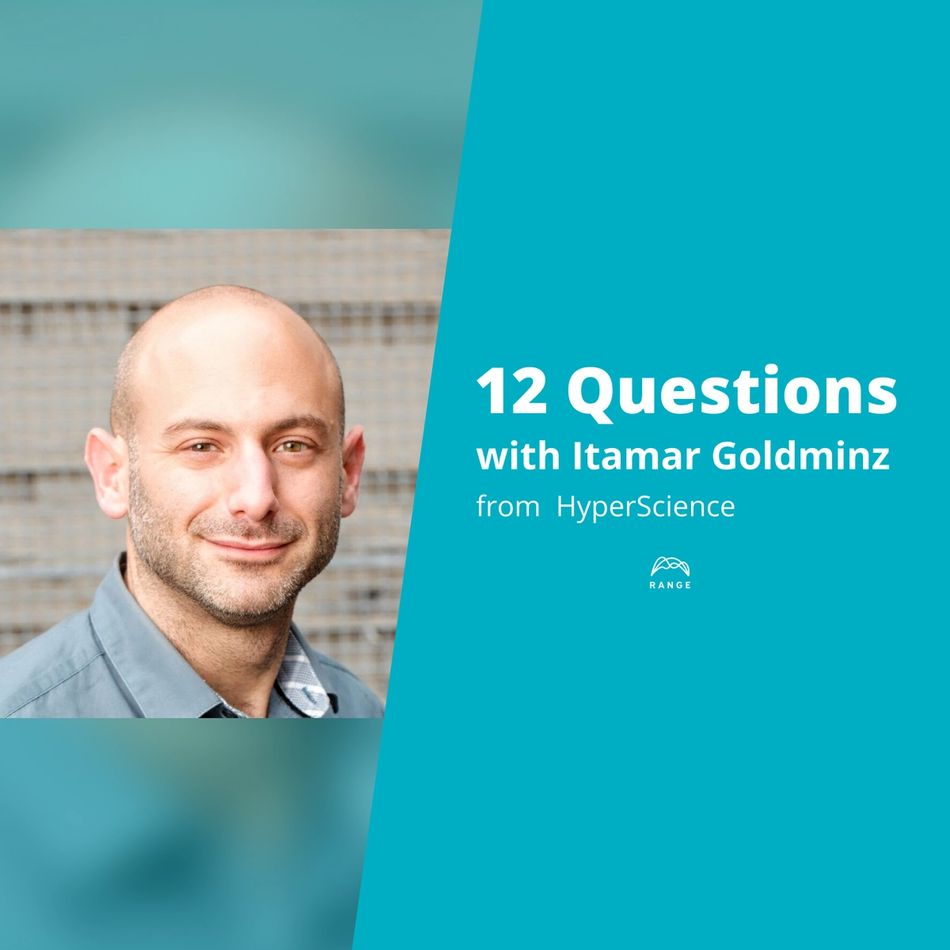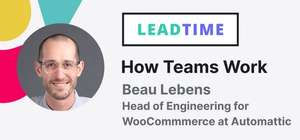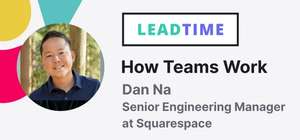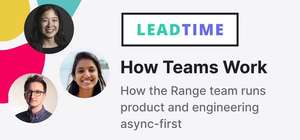
Our 12 Questions series takes you into the minds of influential leaders to discuss today’s hot topics. Read their fresh views on leadership, managing through change, and the ins and outs of modern work. Think of it as your office hours with some of the most innovative people in business.
We continue this series on resilience with Itamar Goldminz. Itamar solves human puzzles for a living. For over two decades, he’s helped several well known organizations grow, scale and mature. He started off his career as Software Engineer and gradually transitioned to the People side. Previously, he led the People team at Grammarly and Altitude Learning. Nowadays, he’s leading the Talent & Org Development team at HyperScience and publishes a weekly post on all things people and organizations on OrgHacking.

Can you describe your career in 12 words or less?
I help purposeful organizations solve people puzzles.
What does being resilient mean to you?
The ability to quickly recover from setbacks and adverse experiences.
How has your thinking about resilience changed in 2020?
This has been an on-going process for me but it definitely came into focus in 2020. I'm engaging more with the emotional component of resilience and the way that I process adverse experiences. Rather than trying to shove down and suppress discomforting emotions so that I can "move on" - I give them space and try to fully sit with them instead. I have found that it's a much quicker way to eventually let them go and truly move on.
How have you come to understand the importance of resilience in your own career?
I can’t point to a specific transformative event. It was more of an incrementally growing understanding that setbacks are a certainty in any pursuit of a meaningful path, so the skill of bouncing back quickly will be important.
When was the last time you had to check in with yourself?
In my almost daily meditation practice.
Is there a time when you wish you were more resilient?
I'm not sure that there's a "good enough" level of resiliency. There's always an opportunity to recover faster and with more grace. But even if there is such a level, I'm not there yet. I could definitely use more resiliency in these trying times, in navigating a lot of professional uncertainty these days with many doors closing and new ones opening.
What’s one big mistake you made and how did you bounce back?
Not a mistake but an adverse experience. Early in the military portion of my career, I got kicked off a highly prestigious military program after 8 months for not meeting the bar. I was devastated. So much of my identity and sense of self-esteem was wrapped up in completing the program, and I had to endure a lot to even reach that point. I had to give myself time to sit with the sense of shame and failure before I was able to start pursuing a different program which shaped the next 4.5 years of my career. A big part of bouncing back was changing my narrative about the experience. From shame about failing the program, to gratitude for opening a career path where my strengths could really shine.
What are some mistakes we all make when it comes to resilience?
Our resiliency is often negatively impacted by the way we handle the emotions triggered by the adverse experience. We tend to either ignore (suppression) or overweigh (emotional reasoning) them, rather than a) sit with them and fully feel them and b) use them as a trigger to explore the accuracy of our narrative.
How can people be more resilient in their work-life?
I’d add to the above that words shape the way we make meaning out of our experiences. It may just be me, but the word "mistake" always carries with it a hint of blame, at least in my mind. That blame is not always justified, and in those cases, choosing to use a more precise word that communicates the blamelessness of the situation, such as "setback" may help.
Vulnerability plays a critical role in building trust among teams. How much does showing humanity help in building a resilient team?
Strong resiliency comes from seeing reality as it is. Without vulnerability we're ignoring a piece of reality that's still there, leading us away from that ideal.
If you could leave people with one piece of advice about how to deal with what's happening right now in the world, what would it be?
I'm working hard on cultivating patience, reminding myself of the impermanence of this experience and that this too shall pass.
What books or resources would you recommend people read on this topic?
The courage to be disliked (Kishimi & Koga), The happiness trap (Harris), Feeling good (Burns), No hard feelings (Fosslein & West Duffy)










